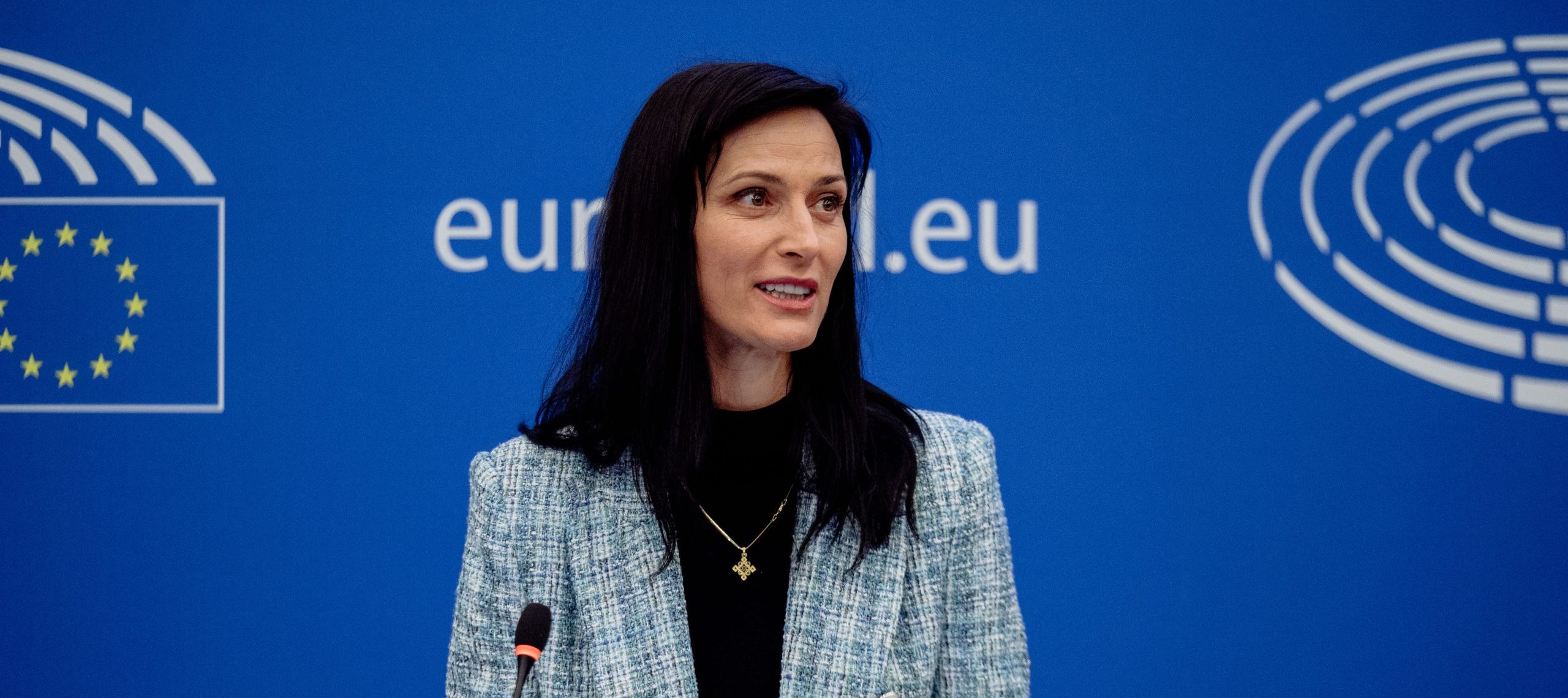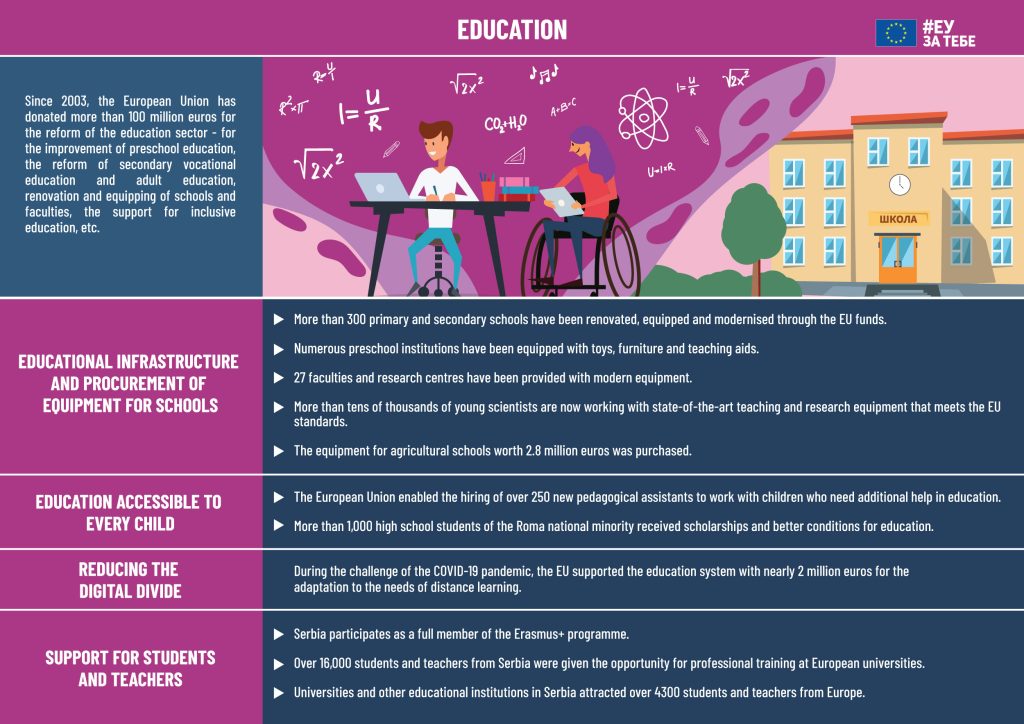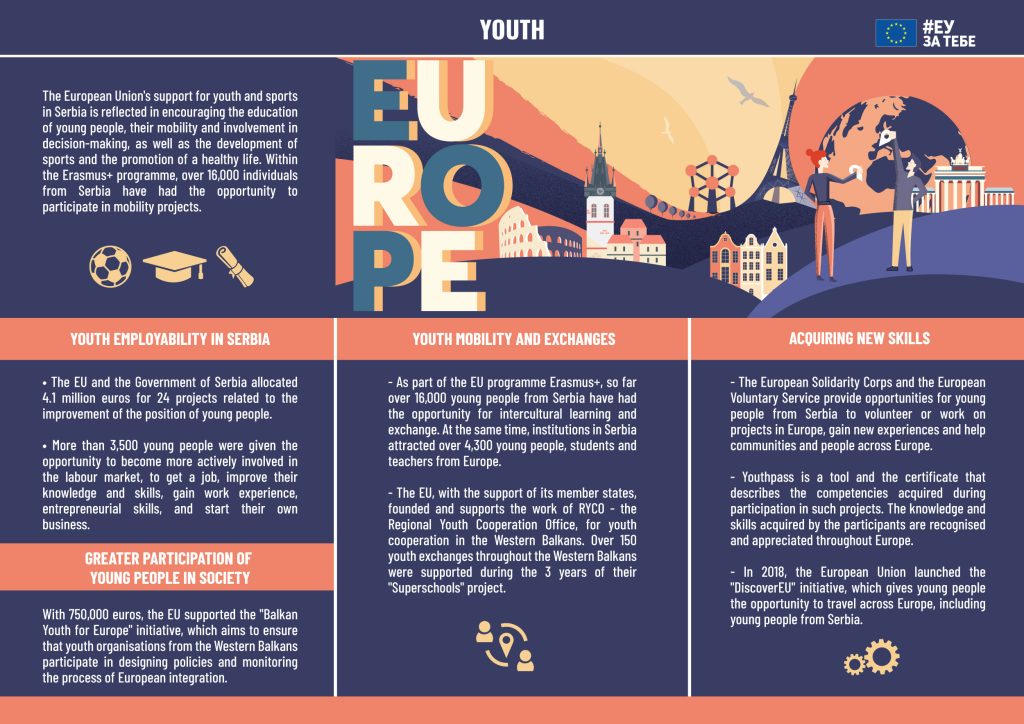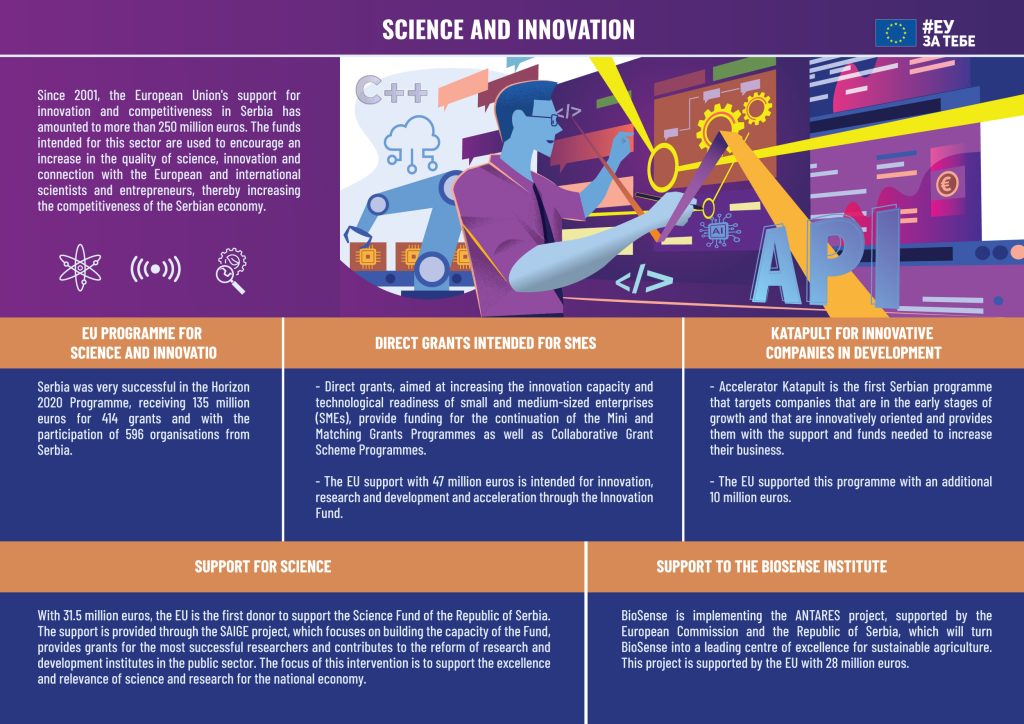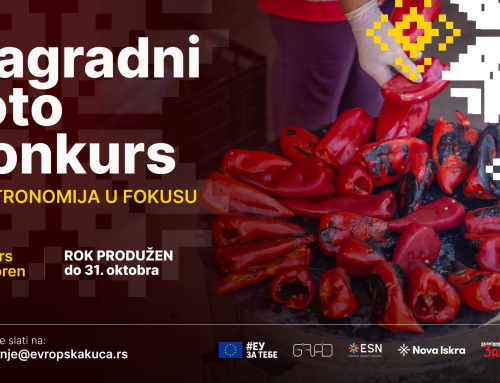On 19 April, European Commissioner for Innovation, Research, Culture, Education and Youth, Mariya Gabriel, will visit Novi Sad, European Capital of Culture 2022, to open a new building of the BioSense Institute together with Prime Minister, Ana Brnabic. Thanks to EU co-financing to the value of €14 million, new facilities and highly sophisticated equipment will enable reinforcement of the Institute’s scientific potential and transformation into a European Centre of Excellence, capable of conducting the most advanced projects applicable on a global scale.
‘My visit will be an excellent opportunity to experience how the European Union and Serbia cooperate in the five areas that define our future, namely education, youth, culture, and research and innovation. I will also take stock on the concrete initiatives that we have delivered in the framework of the forward-looking Western Balkans Agenda on Innovation, Research, Education, Culture, Youth and Sport’, said Commissioner Gabriel.
During her visit, the Commissioner will visit the primary and secondary school “Milan Petrović”, which is focused on people with special needs, together with the Minister of Education, Branko Ruzic, and the Director of UNICEF in Serbia, Deyana Kostadinova. On this occasion, Commissioner Gabriel will deliver €20.000 in equipment for integrating assistive learning technologies, helping improve the inclusivity of education in Serbia.
In addition, she will meet inspiring youth representatives from Serbia at the OPENS Youth Centre, and gather experiences from Novi Sad’s year as a European Youth Capital in 2019.
The Commissioner will visit the Gallery of Matica Srpska in the company of Maja Gojkovic, Deputy Prime Minister and Minister of Culture, to take stock of the Novi Sad – European Capital of Culture 2022 achievements and witness the legacy of the Serbian art in the wider European context.
To date, the EU has supported Serbian research and development activities with €90 million in non-refundable donations. The funding is used to increase in the quality of science, innovation and the connection to the European and international scientists and entrepreneurs, which supports the competitiveness of the Serbian economy. Serbia is an active participant of the EU flagship research and innovation programme, Horizon Europe. Serbia’s participation in Horizon Europe has increased by more than 50% to €33 million (from some €20 million in previous years). Participants from Serbia are particularly strong in fields like ‘Food, bio-economy, agriculture and environment’, ‘Digital and Industry’, and in ‘Climate and Energy’.
In the field of education, the EU has donated more than €100 million for the improvement of pre-school education, vocational and adult education reform, renovation and refurbishing of schools and faculties, support for inclusive education, etc.
Serbia has taken part in the largest European education, training youth and sport programme Erasmus+ as a full-fledged member since 2019. With EU support, pupils, students, young people, and athletes from Serbia participate in exchange and training projects on an equal footing as their peers from the EU. As of 2021, over 8,000 mobilities have been organised so far with Serbia in the areas of education, training and youth. While Serbia has received over 2,500 participants, it has sent abroad around 5,500 participants.
The EU has invested over €6 million for the construction and renovation of over 40 sports facilities throughout Serbia. Thanks to this assistance, over 100 thousand citizens and children can actively use renovated or newly built sports centers, swimming pools, gymnasiums in primary and secondary schools and equipment for sports gymnastics, etc.

